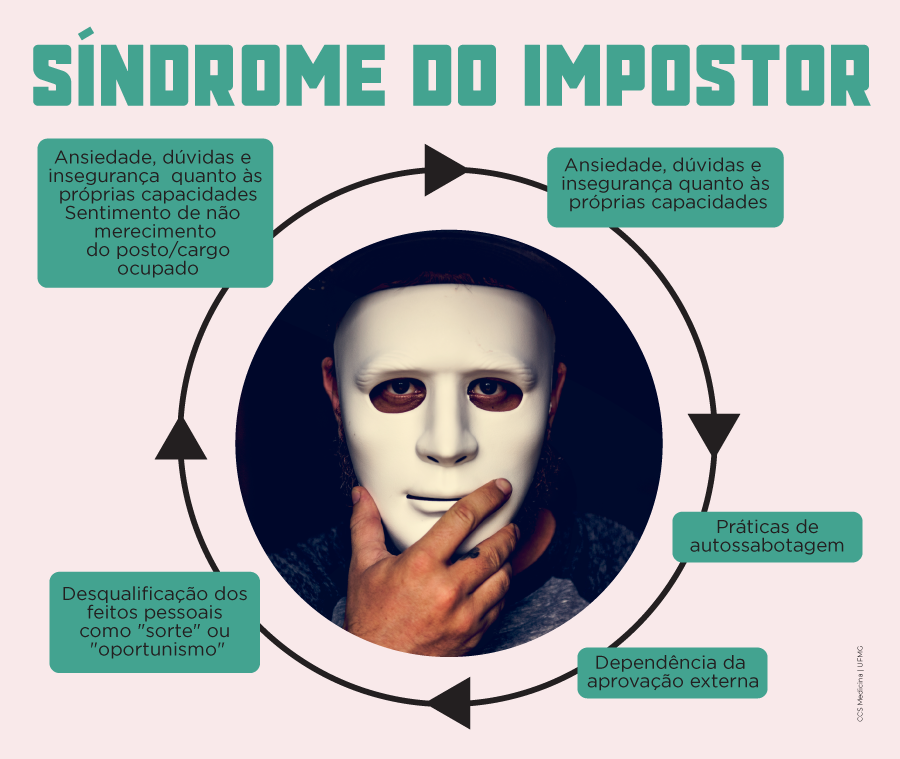Overcoming Impostor Syndrome and the Pressure of Absolute Knowledge
Hello everyone!
Have you heard of Impostor Syndrome? Also known as Impostor Phenomenon or Fraud Syndrome, it's a psychological phenomenon that affects many people, leading them to doubt their abilities, achievements, and successes, and constantly fear being exposed as frauds.
Even when there is solid evidence of their achievements and competencies, people with this syndrome still believe they don't deserve success and that, at some point, they will be discovered as someone who doesn't deserve to be where they are.
Imagine you've written some really cool code and the program worked perfectly. Everyone praised your work, but instead of feeling happy, you start to doubt your own abilities. You might think: "Did it only work because I got lucky?" or "People will find out I'm not as good as they think."
This inner voice of self-criticism can undermine self-confidence, even in the face of solid evidence of success. It's as if we are constantly comparing ourselves with an idealized version of ourselves that we can never reach, and this can make us worried or anxious. It's like a little voice in our head saying we don't deserve the praise, even when we know we worked hard to achieve success.

This syndrome is often linked to the pressure of knowing everything in our professional field. In a constantly evolving world, where new technologies and methods emerge almost daily, it's easy to feel inadequate or always a step behind. This pressure to master everything can fuel Impostor Syndrome, making us question our own abilities and knowledge.
However, we can overcome these challenges by adopting a more realistic approach to our knowledge. Instead of trying to cover everything, which is impossible, we can focus on developing expertise in specific areas that are important to our professional goals. This allows us to move forward with confidence, knowing we are making significant progress toward our goals.
"In a sea of information, finding the treasure lies in knowing where to direct your gaze, not in the quantity of waves, but in the depth of the waters."
It's important to remember that Impostor Syndrome is not related to actual incompetence. Often, people who experience it are highly competent and accomplished. Treating this syndrome involves recognizing and dealing with these feelings, in addition to strengthening self-confidence and self-esteem.